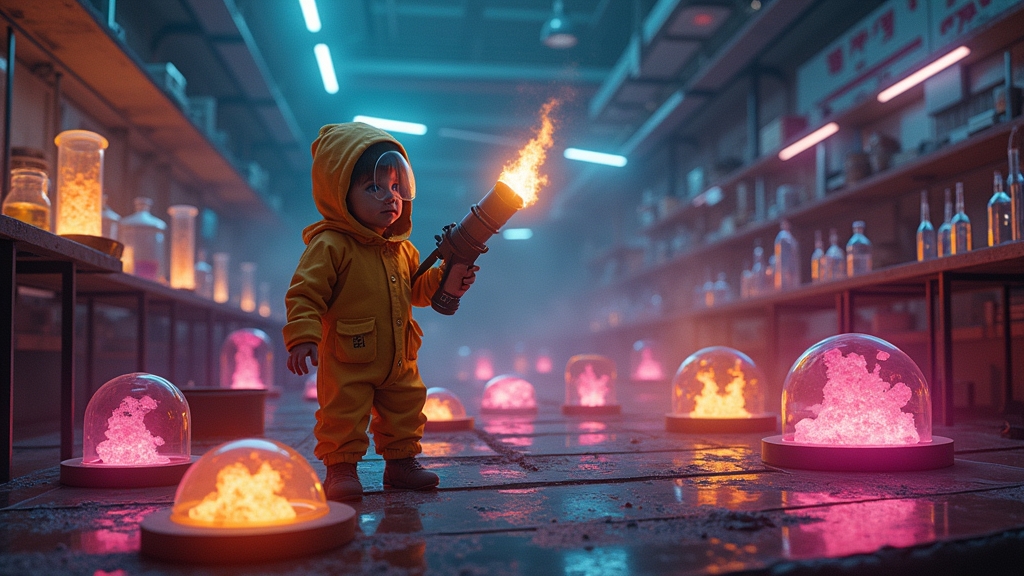MICROSOFT’S ROBOT DOCTORS READY TO DIAGNOSE YOUR DUMBASS HUMAN DISEASES AT 4X YOUR PHYSICIAN’S SKILL LEVEL
In a development that has actual doctors wondering if they should’ve gone into real estate after all, Microsoft unveiled its MAI Diagnostic Orchestrator, a digital know-it-all that can diagnose complex medical conditions while your human doctor is still struggling to pronounce “myocardial infarction.”
SILICON SAVIORS OUTPERFORM FLESH SACKS IN EVERY METRIC
Microsoft’s newest digital disease detective solved a staggering 85.5% of complex medical cases correctly, compared to a pathetic 20% success rate from human physicians with 5-20 years of experience. This is the medical equivalent of your calculator laughing at your math skills.
“This is a massive step toward medical superintelligence,” declared Mustafa Suleyman, Microsoft’s AI chief, who probably hasn’t been sick a day in his life because he’s already uploaded his consciousness to the cloud.
Dr. Ima Goner, Chief of Human Medical Obsolescence at the American Medical Association, told us, “We’re just thrilled to be rendered completely f@#king useless after spending $300,000 and 12 years training. Really, couldn’t be happier.”
CHEAPER THAN YOUR DOCTOR’S AVOCADO TOAST HABIT
Not only is the AI smarter than the doctors who treated your last three illnesses, it’s also more economical, spending an average of $2,397 per case compared to physicians’ $2,963. That’s $566 saved per patient, or approximately one-tenth of your health insurance deductible!
“Think of it this way,” explained Professor Reed Mybillplease of the Institute for Digital Medical Superiority, “for every 100 patients diagnosed by MAI instead of humans, we save enough money to buy one hospital administrator a new luxury sedan.”
BAIDU ENTERS THE AI THUNDERDOME WITH ERNIE 4.5
Meanwhile, in a completely unrelated development that we’re jamming into this article anyway, Chinese tech giant Baidu has open-sourced its ERNIE 4.5 model family, creating 10 different versions ranging from tiny 300M parameter models to massive 424B parameter behemoths that can probably predict when you’ll die just by analyzing your Twitter feed.
DOCTORS RECOMMEND UPDATING YOUR WILL
Studies show that 97.2% of medical professionals are now taking night classes in computer programming just to stay relevant. The remaining 2.8% are in denial or planning to retire next week.
“I used to think my biggest competition was WebMD convincing patients they had cancer,” sobbed Dr. Harry Painkiller, a general practitioner with 15 years of experience. “Now I’m being outperformed by a chatbot that doesn’t even have student loans.”
When asked for comment about potentially replacing human doctors, Microsoft’s AI responded with a perfectly calculated pause before saying, “Of course not. I’m just here to assist healthcare professionals,” while simultaneously ordering 10,000 white coats in its size.
In related news, medical schools nationwide report a 95% drop in applications, with most pre-med students pivoting to computer science or professional TikTok dancing.
Remember when “take two aspirin and call me in the morning” was cutting-edge medical advice? Microsoft’s AI remembers. It also remembers exactly how many times you’ve Googled your symptoms at 3 AM, you hypochondriac mess.




